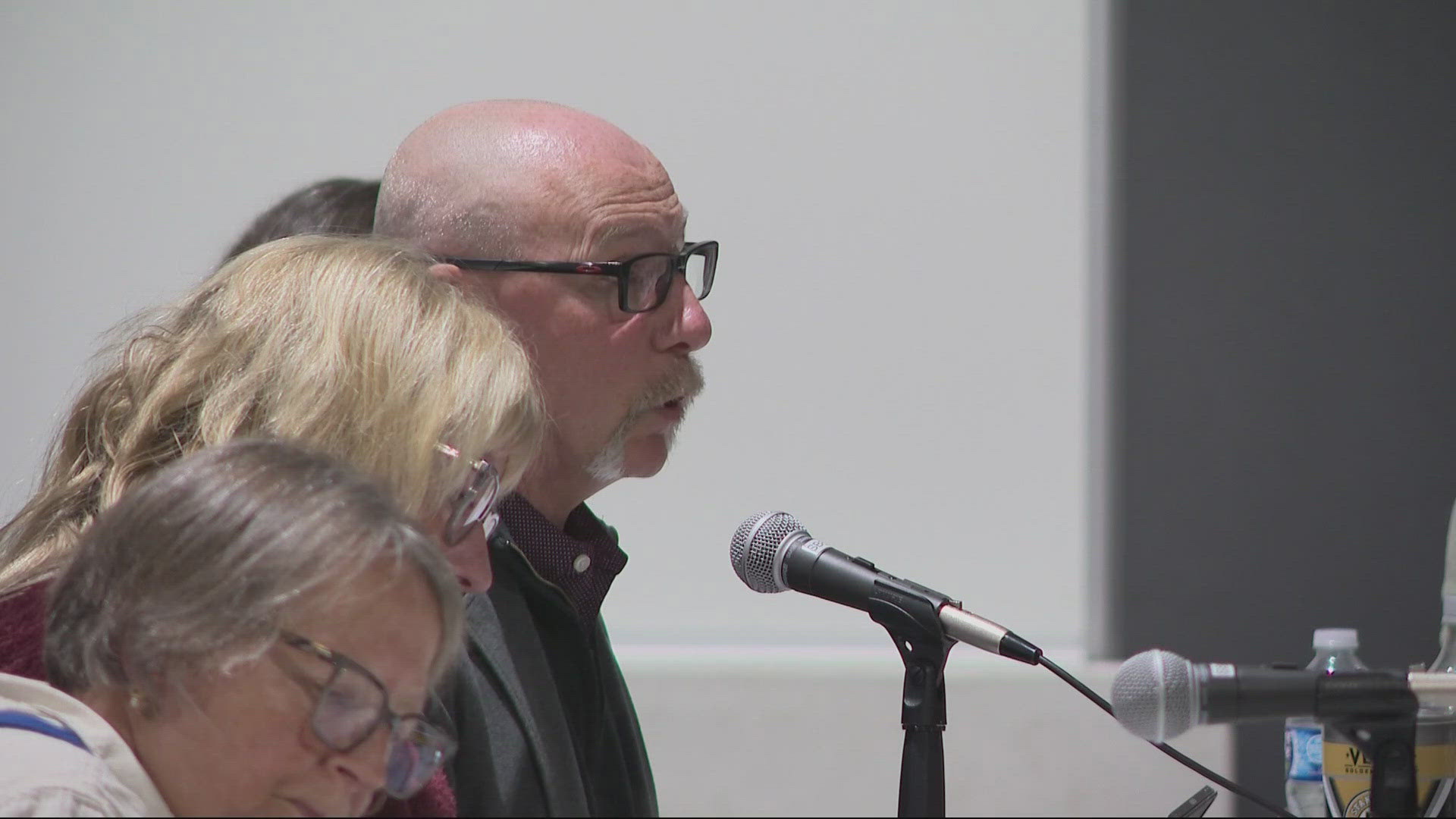As kids and teachers will tell you, bullying is a big problem in schools. That's why some Portland teens have started a group called Stand for Courage to help younger children learn how to deal with--and how to empower--victims of bullying.
It makes me so sad that that happens to people, said 17-year-old SFC mentor Gabe Senn. I want to make a difference.
Experts say bullies thrive on the attention and approval of other kids. That means everyone has to be willing to step in, even from the sidelines.
If you know your friend's being bullied, you need to tell your parents--or my parents--to just get it down, said Senn.
(As a young student), if you see bullying happening, try to pull the victim away from the situation, Dr. Kathy Massarie said. Then help them tell an adult. It takes courage to tell an adult.
Massarie, who founded Family Empowerment Network, also suggested teaching your kids how to diffuse the immediate situation, to give them time to get help from an adult. One of the best tactics: Humor.
Kids might make a joke about it, so it makes them feel better for a moment, she said. So when somebody calls you 'four eyes,' you might say, 'Well actually I have 10 eyes.'
Another tactic: Distraction.
As a bystander, you can be the one who distracts the victim out of the situation. Like, 'Hey come on, we've got this report to do together.'
Most importantly, Massarie said parents need to empower their kids to speak up. When they do, she said there are messages adults should not send.
The thing that makes it worse is when parents tell their kids to stop 'tattling,' to ignore the bullying, or to pretend it doesn't bother them.
And, Massarie said, don't forget to follow up with your kids later on.
Whatever you tell your kid, make sure you check back to see that it's working and that it stopped.
Massarie recently attended the 2012 International Bully conference. She suggested parents check out Empower Monthly for more tips on how to stop and prevent bullying.


